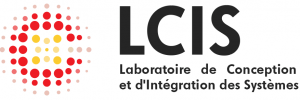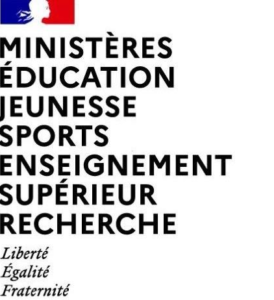Arthur Silva Souza
Nos membres Arthur Silva Souza PhD student ORSYS Grenoble INP – UGA arthur.silva-souza@lcis.grenoble-inp.fr https://www.linkedin.com/in/ssouzaarthur Short presentation Arthur Souza received a Bachelor’s degree (2021) and a Master’s degree (2023) in Electrical […]
Wendell Sousa
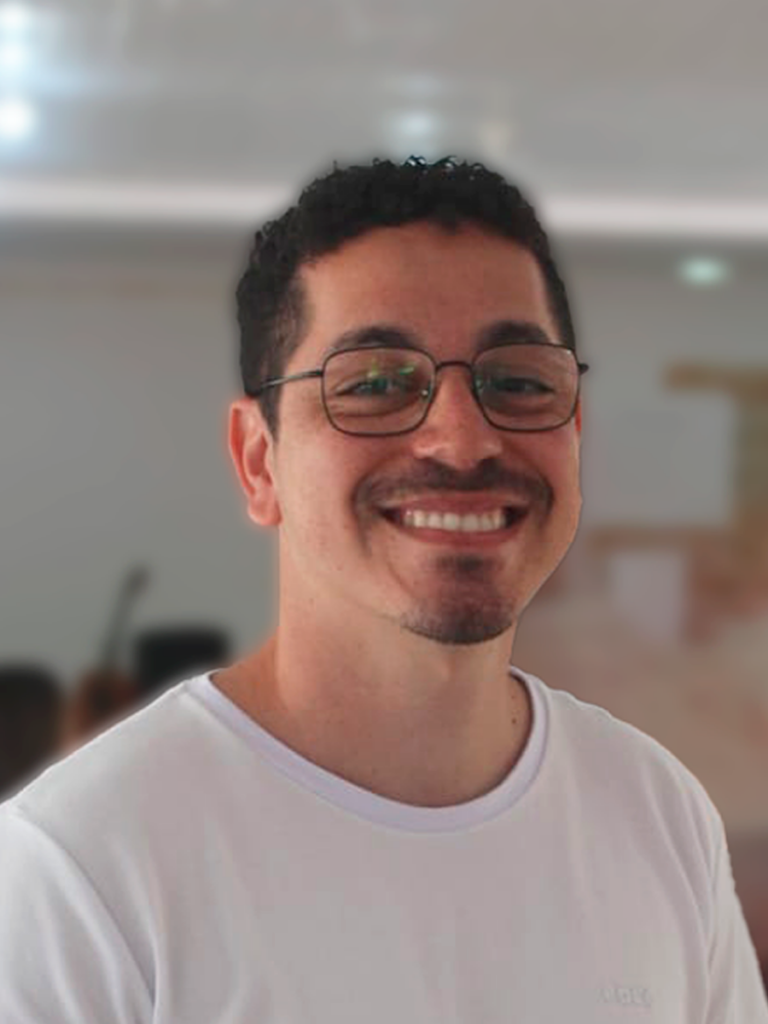
Wendell Sousa holds a Bachelor’s degree in Electrical Engineering in 2024 and has been involved in several research projects, most of them focused on microelectronics, particularly in the design and layout of analog integrated circuits as the operational amplifiers and oscillators. Currently, he is a PhD student at Université Grenoble Alpes with a focus on designing CMOS-compatible RF switches with integrated optical actuation, using a multiphysics approach to improve performance.
Frédéric Tran Minh
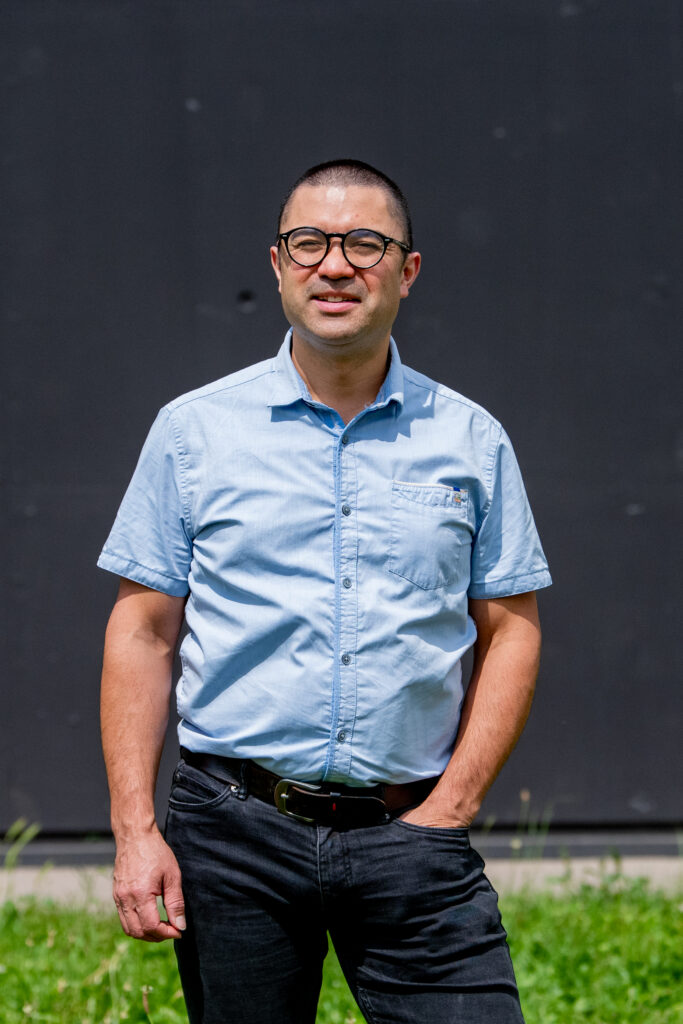
Frédéric Tran Ming is a math teacher at Esisar – Grenoble INP – UGA.
In 2001, he received an Engineering Degree from Ensimag – INPG (former Grenoble INP) and a Master Degree in applied Mathematics from UJF ; after 8 years of Design and Development in computer assisted surgery, he passed the math french Agregation to start teaching maths. Recently, his interests focused on the use of proof assistants for teaching undergraduate mathematics, and he started a phD on this subject, with Laure Gonnord and Julien Narboux.
Huynh Thao Trang NGUYEN
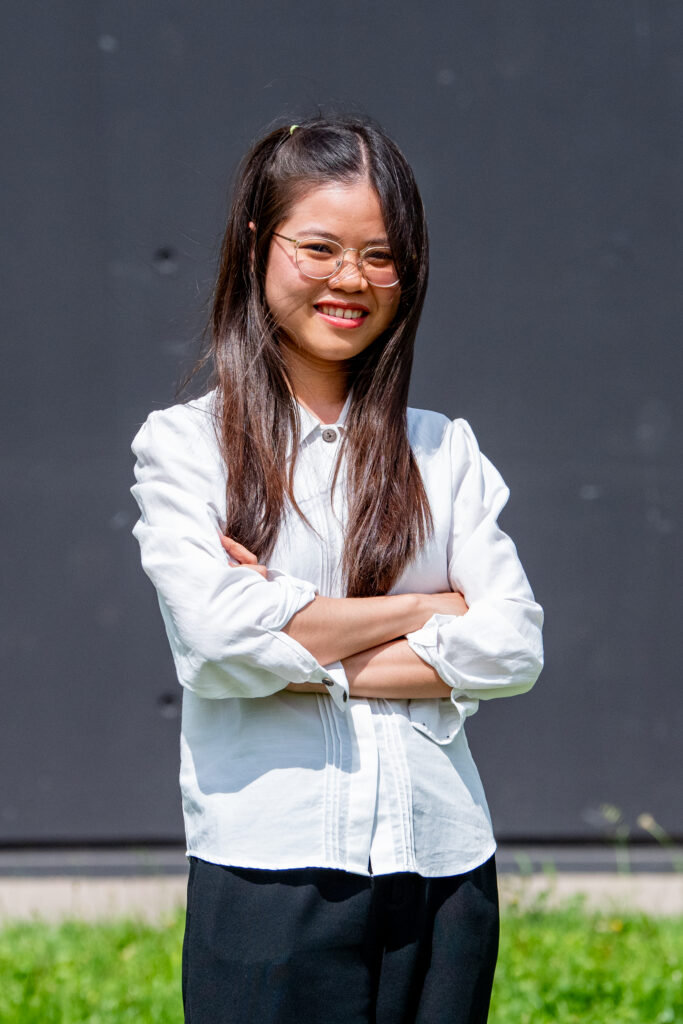
Huynh Thao Trang NGUYEN obtained the engineer’s degree in Mechatronics from Ho Chi Minh City University of Technology, Viet Nam in 2024. She is currently pursuing a Ph.D research on bio-inspired navigation models for autonomous robots and drones, focusing on distributed navigation and real-time trajectory optimization in unknown environments.
Tan Minh Hung TRUONG
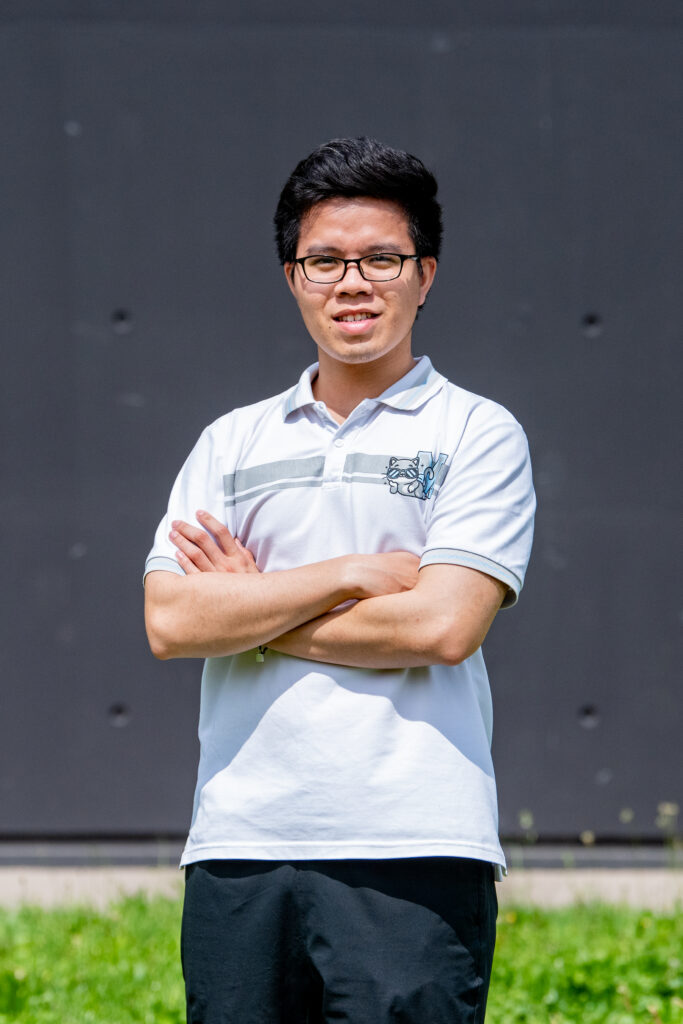
Tan Minh Hung TRUONG comes from Vietnam. He graduated from Ho Chi Minh City University of Technology (HCMUT), majoring in Mechatronics in 2024. He is currently a PhD student at Grenoble INP – Esisar. His project involves an autonomous robotic system developed based on a Bio-inspired navigation model combined with the special properties of B-spline curves, aimed at helping the robot system navigate in crowded and complex environments. Using knowledge of embedded systems programming, image processing, and control, he, along with the professors of the CO4SYS team at the LCIS laboratory, will collaborate to achieve the best results.
Louis Duvivier
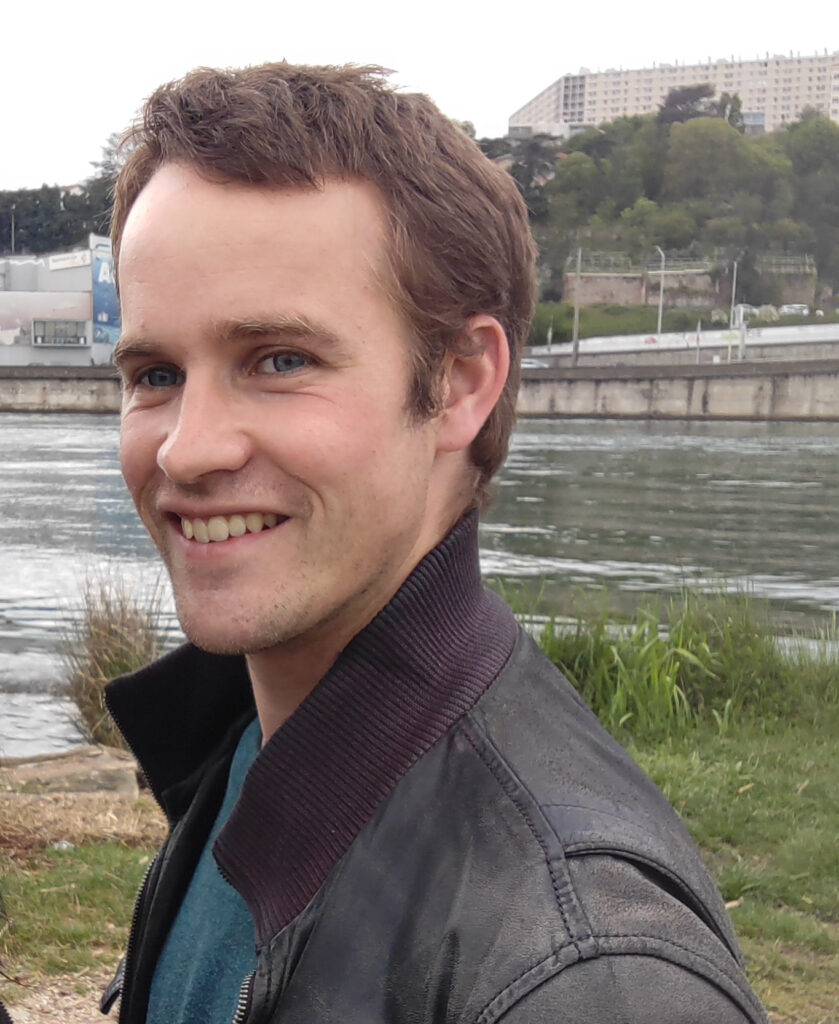
Louis Duvivier est maître de conférence à l’université Grenoble Alpes depuis octobre 2024. Après des études en informatique théorique à l’ENS Lyon, il a réalisé son doctorat sur la sélection statistique de modèles de graphes à l’INSA Lyon. Il a ensuite été attaché temporaire d’enseignement et de recherche (ATER) à l’institut de science financière et d’assurance (2021 – 2022), et à l’école centrale de lyon (2023 – 2024) et postdoctorant à l’ENS Lyon (2022 – 2023).
Clara Bourgeais
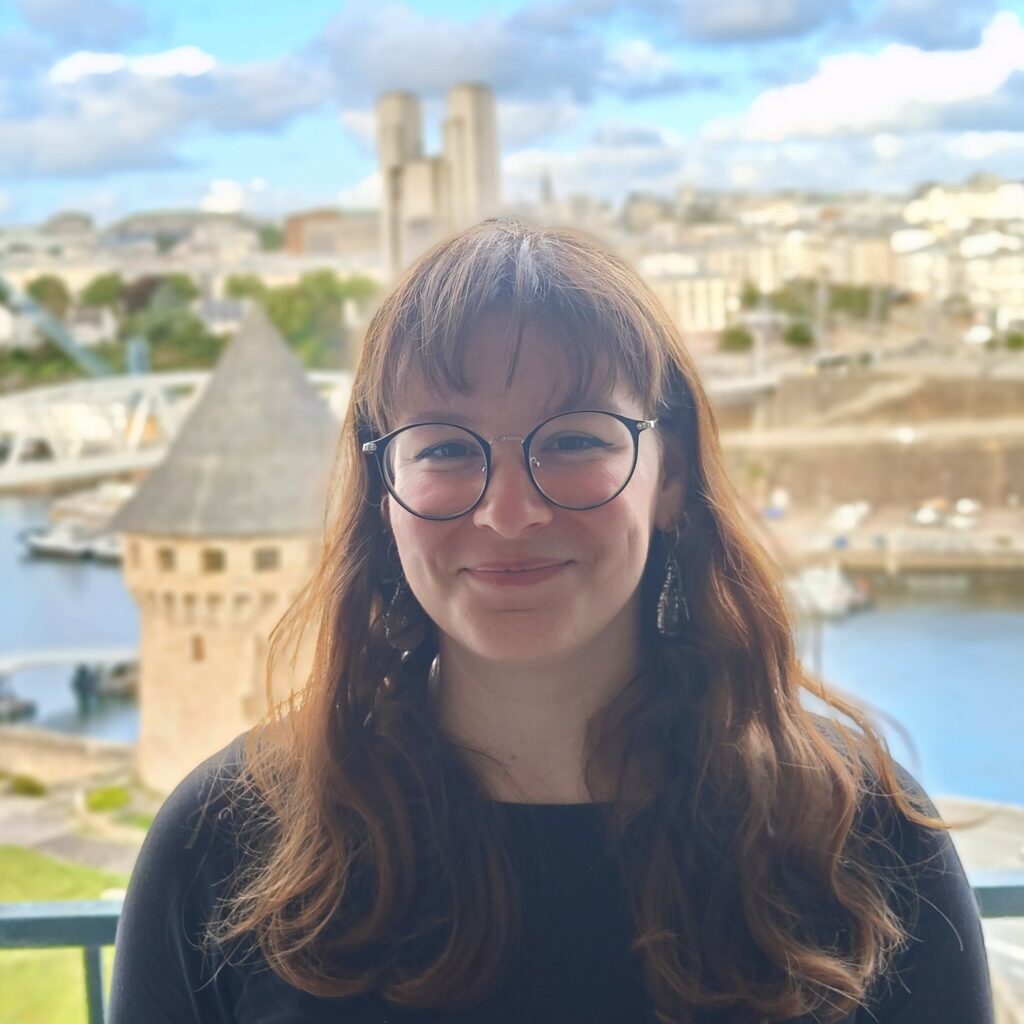
Clara Bourgeais est titulaire d’une licence en informatique de l’Université de Bretagne Occidentale (UBO) acquise en 2022 et d’un master en informatique spécialisé dans les Logiciels pour Systèmes Embarqués (LSE) de l’UBO acquis en 2024. Elle est actuellement doctorante à Grenoble INP (ESISAR) dans le cadre du projet PEPR ARSENE, pour la thèse suivante : « secure compiler back-end/hardware codesign », explorant notamment l’interaction entre les optimisations du compilateur et les mécanismes de sécurité matérielle au sein de l’architecture RISCV. Ses intérêts incluent les systèmes embarqués, les systèmes temps-réel et l’amélioration des mécanismes de sécurité dans la conception de systèmes sur puce (SoC).
Louis Morge-Rollet

Mes thématiques de recherche se concentrent autour de l’analyse de signaux de radiocommunications sous contraintes embarquées. Ainsi, je développe des méthodes basées sur le traitement du signal et/ou l’intelligence artificielle qui peuvent permettre de détecter la présence de signaux, d’identifier le standard de communication utilisé, voire d’authentifier un émetteur en particulier. De plus, je m’intéresse à l’implémentation de ces méthodes dans un contexte embarqué, que ce soit sur des plateformes d’exécution comme un CPU, un GPU ou même un FPGA.
Nicolas Barbot
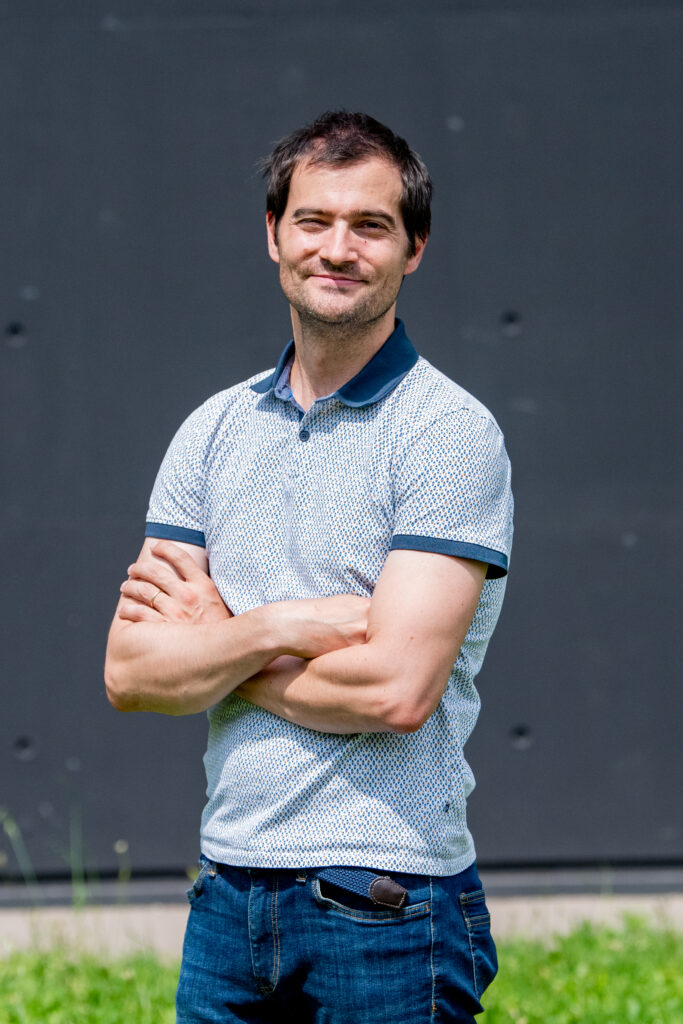
Nicolas Barbot received the M.Sc. degree and Ph.D. degree from the University de Limoges, France in 2010 and 2013 respectively. His Ph.D. work in Xlim Laboratory was focused on error-correcting codes for the optical wireless channel. He also realized a post-doctoral work in joint source-channel decoding at L2S Laboratory, in Gif-sur-Yvette, France.
Daniel Thirion
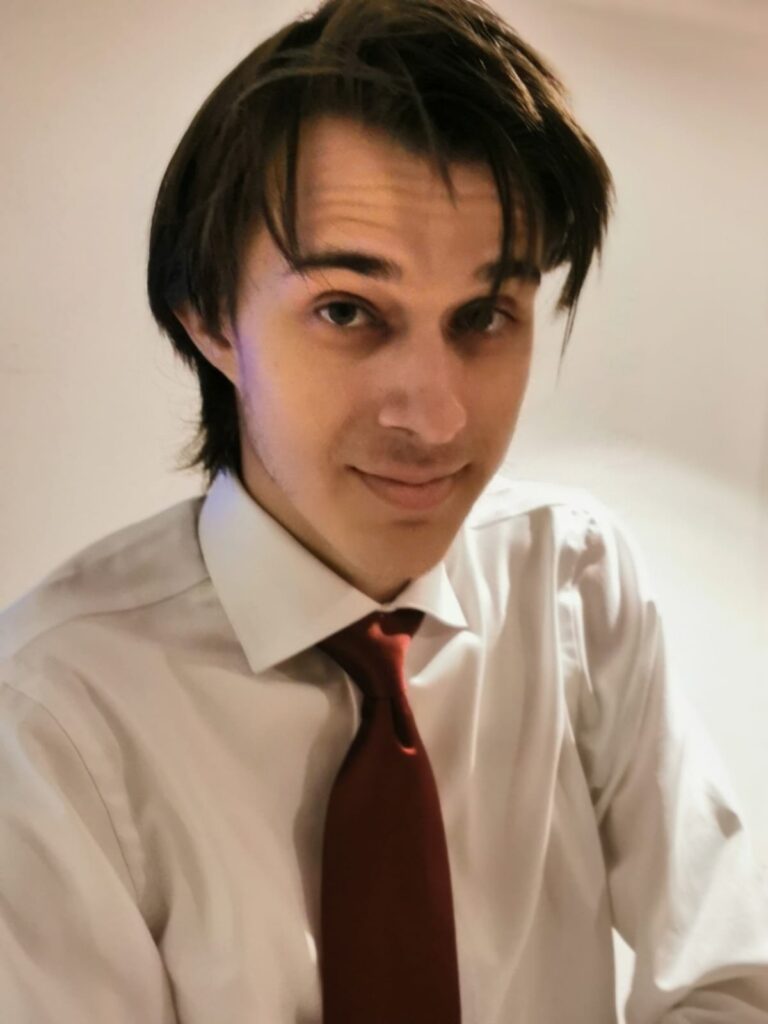
Daniel THIRION began as an apprentice student as ESISAR and STMicroelectronics, integrating the team of Jean-Marc DAVEAU, working on various projects surrounding Safety (SoC design and integration, fault injection platform, FPGA implementations). At the end of his studies, he integrated teams at Frontgrade Gaisler, as a designer on fault injection methods. After graduating in 2023, he started a PhD, working along his previous team at STMicroelectronics and joined LCIS (Vincent BEROULLE, David HELY, Valentin EGLOFF) on a collaboration between the two worlds of Safety and Security for embedded devices.
